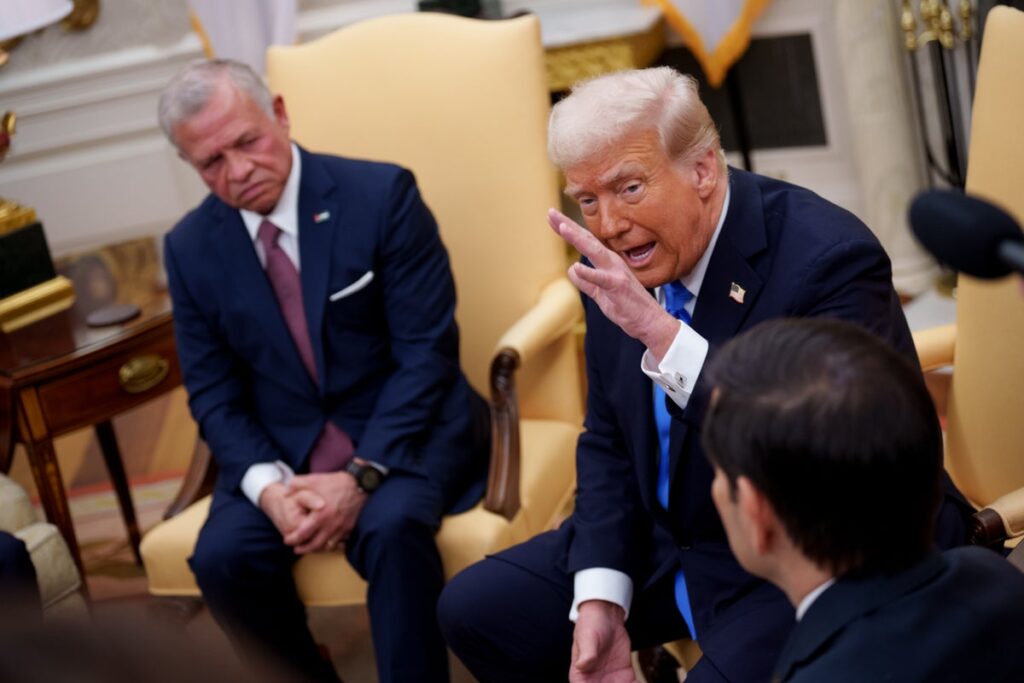As European leaders convened in Paris on Monday to formulate a unified approach to Ukraine’s future, Britain announced its readiness to deploy peacekeeping troops to support any potential peace deal.
Meanwhile, Russian and U.S. officials prepared for their own separate negotiations, raising concerns about competing diplomatic efforts.
The emergency summit in Paris comes in response to the U.S. administration, under President Donald Trump, engaging directly with Russia to discuss ending the ongoing war in Ukraine—a move that surprised Kyiv and its European allies.

With Washington making it clear that Europe must take greater responsibility for its own security, European nations are now confronting the reality of a larger role in Ukraine’s stability.
British Prime Minister Keir Starmer emphasized this shift, signaling that Europe could no longer rely on the U.S. for defense.
However, the deployment of a European peacekeeping force raises complex challenges, including the risk of direct confrontation with Russia and the strain on military resources, which have already been depleted by years of support to Ukraine.

Germany, echoing the urgency of European commitment, stated on Monday that it “will not shy away” from sending ground troops under an appropriate framework, though concrete agreements were not expected at the summit.
Sweden’s Prime Minister Ulf Kristersson also acknowledged that Swedish peacekeepers could be deployed if a clear mandate was established.
Poland, Ukraine’s neighbor and home to NATO’s third-largest army, pledged logistical and operational support but ruled out sending troops. Meanwhile, financial concerns loom over these potential deployments, as many European nations are already struggling with strained public finances.

The situation took an unexpected turn last week when President Trump revealed that he had spoken directly with Russian President Vladimir Putin about ending the war—without prior consultation with Ukraine or its European allies. This unilateral move has added another layer of uncertainty to the ongoing diplomatic efforts.